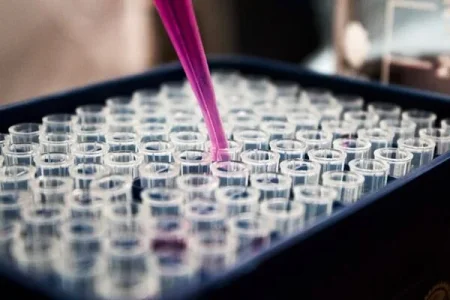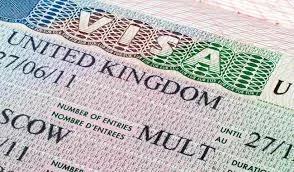
Smart DNA, a renowned DNA testing center in Lagos, Nigeria, has recently disclosed a comprehensive data analysis of all relationship DNA tests conducted between July 1, 2022, and June 30, 2023. The report, unveiled on Tuesday, provides valuable insights into prevalent trends in DNA testing across Nigeria.
The findings reveal a substantial 73.88% confirmation rate for men querying their paternity, attesting to their biological fatherhood, while 26.12% received negative results. The report delves into the motivations behind DNA testing, highlighting that 89.10% of tests were conducted for 'Peace of Mind,' followed by 'Immigration' (8.97%), and 'Legal' (0.64%).
Lagos emerges as the focal point of testing, constituting 82.89% of the total, with the Mainland accounting for 68.14% compared to the Island's 31.86%. The report attributes this concentration to Smart DNA's Lagos office location, residents' purchasing power, and the state's high population density.
Initiating contact predominately, men represented 86.44% of the first contacts, suggesting a greater likelihood of male-initiated testing due to doubts about paternity or other relationships.
The breakdown of ethnic groups revealed Yoruba as the highest at 61.23%, followed by Igbo (19.07%), Others (12.08%), and Edo (6.78%). The report speculates that this distribution mirrors the ethnic makeup in Lagos and its environs.
Analyzing the age range of those tested, the majority focused on children aged 0-5 years (58.02%), indicating a preference for confirming paternity in younger offspring. Men aged 31-40 years (40%) and 41-50 years (23%) comprised the majority opting for DNA tests, likely reflecting a demographic with young children and financial means.
Smart DNA officials emphasized their commitment to providing accredited DNA testing services, aiming to contribute to a nuanced understanding of relationship DNA testing trends within Nigerian society.
Source: Daily Trust




